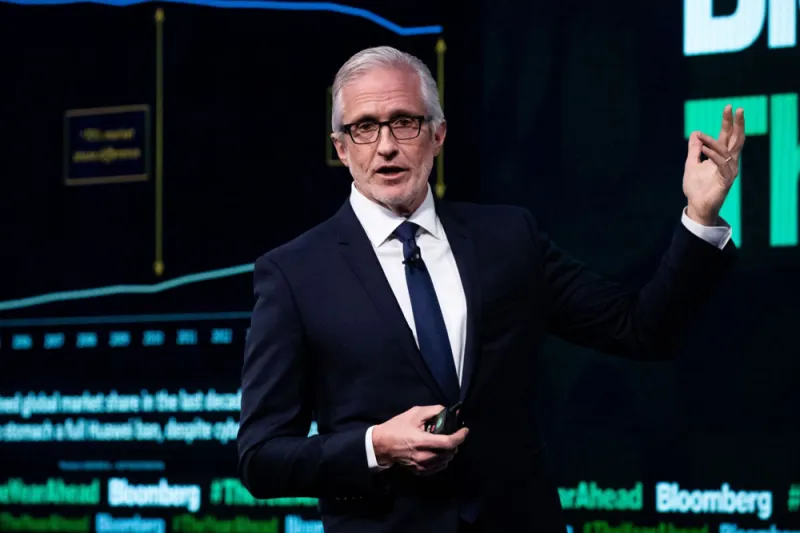Private equity behemoth TPG on Tuesday revealed terms for an initial public offering of 33.9 million shares.
Targeting an IPO price of $28 to $31 per share, the firm could raise up to $1.05 billion in the stock market, according to a company filing with the Securities and Exchange Commission.
Founded in San Francisco in 1992, TPG has $109 billion in assets under management with investments across private equity funds, real estate funds, hedge funds, and credit funds. It operates 12 global offices across eight countries, including China, Singapore, and Australia.
In its prospectus, TPG warned that the ever-changing policies imposed by the Chinese government could have an adverse effect on its business. For example, the crackdowns on the education and technology sectors were unexpected in 2021. “While our funds have limited exposure to companies in those industries, the Chinese government could at any time adopt similar measures with respect to any of the multiple sectors across which we invest,” TPG said in the filing. The company added that it invests in a wide range of industries in China, including software, media and fintech, consumer goods, and healthcare, all of which might be subject to the regulatory risks in the country.
In addition, some of TPG’s portfolio companies in China have adopted the variable interest entity structure, a scheme that allows foreign investors to own a controlling interest in Chinese companies. TPG said that “intervention by the Chinese government with respect to VIEs, including disallowing the structure altogether, could significantly affect the Chinese operating company’s performance.”
In terms of investments in the United States, TPG listed the recent regulatory headwinds related to environmental, social, and governance investing as a major risk factor. For example, the lack of consistent standards has long been a headache for ESG investors. “Although several of our funds are focused on socially responsible and climate-focused investing, other funds may make investments that fund investors or stockholders view as inconsistent with their ESG standards,” TPG said. “If our ESG practices do not meet the standards set by these investors or stockholders, they may choose not to invest in our funds.” In addition, the private equity giant noted that Gary Gensler, chairman of the SEC, has recently asked fund managers that run ESG investments to back up their claims, which might result in some managers reclassifying their funds.
Uncertainties over the profitability of management fees may also pose a major risk for investors in TPG stock, the firm said. In 2020, TPG realized $659 million in revenue, most of which was generated by management fees. In the prospectus, the firm noted that clients are increasingly seeking “customized terms,” which might lead TPG to enter separate contracts that include management fee discounts.
“Any agreement to terms that are more favorable than those set forth in a fund’s governing documents could result in a material decrease in our profitability,” TPG said.







